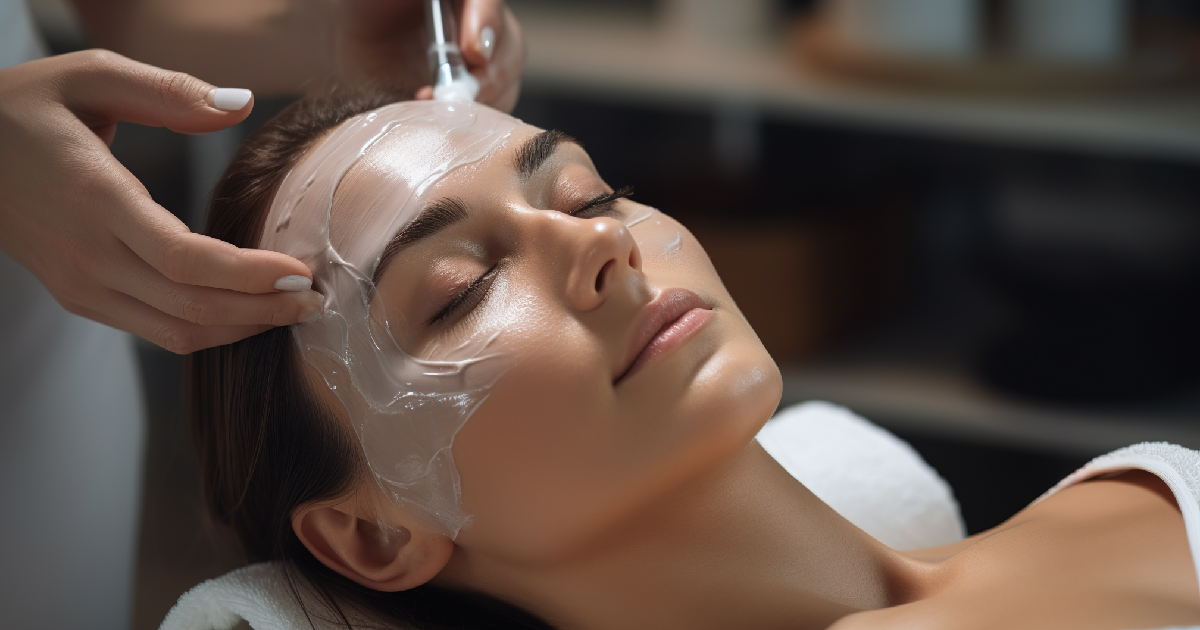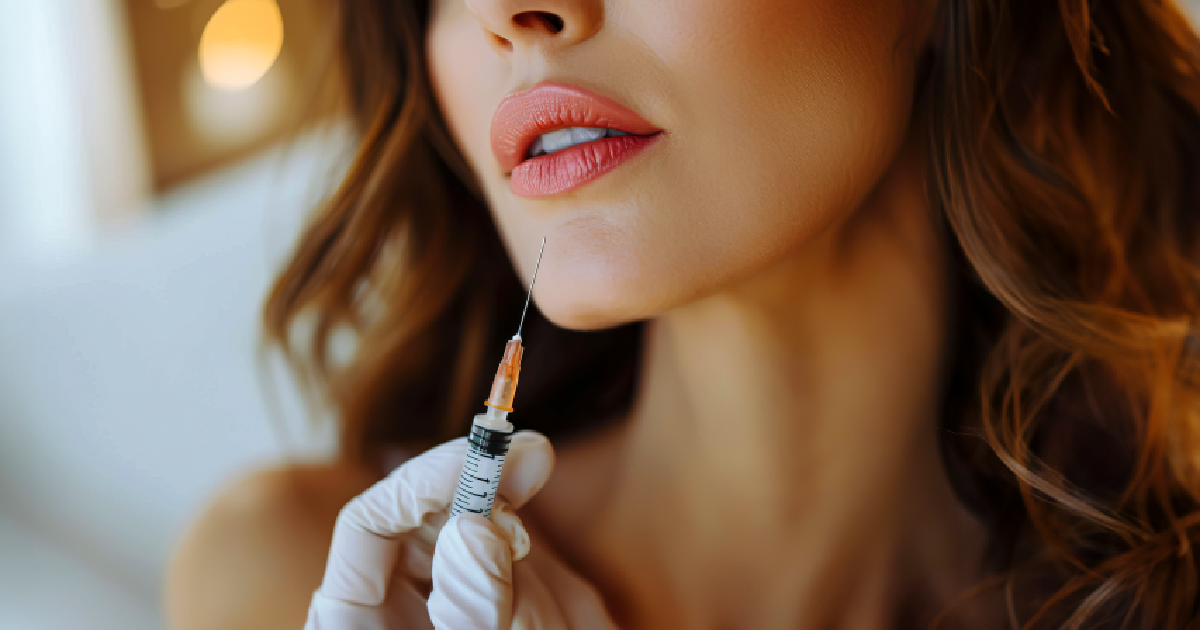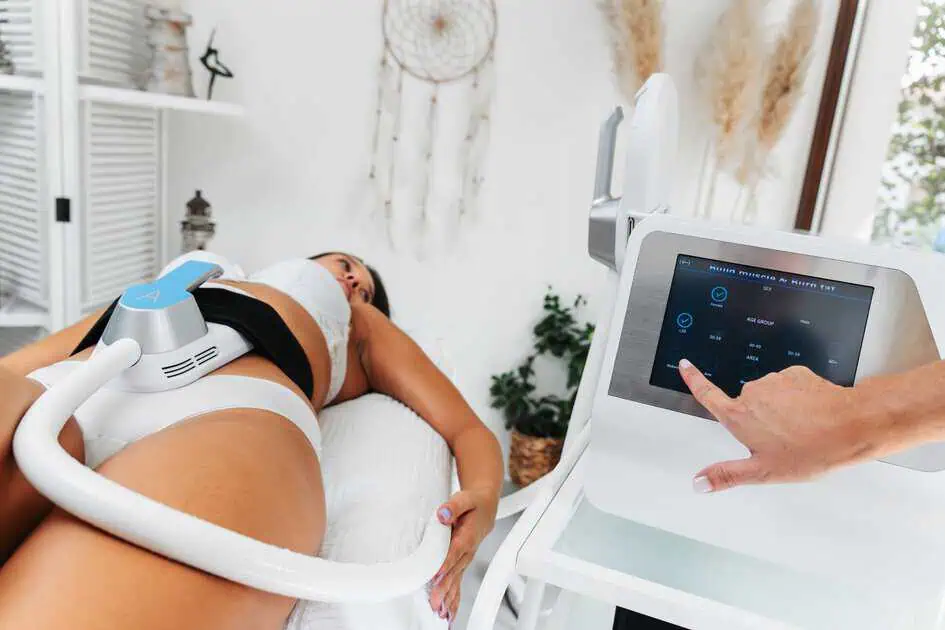You’ve probably heard about the importance of vitamin D for your health. Known as the sunshine vitamin, it’s an essential nutrient because it helps regulate the amount of calcium and phosphate in the body. But how much vitamin D do you actually need?
First, let’s talk about what vitamin D actually is. Also known as calciferol, vitamin D is a fat-soluble vitamin. It’s vital for health because it helps promote healthy bones and teeth as well as supporting the immune, brain, and nervous systems. It also assists in regulating insulin levels and supports cardiovascular and lung health, and it new research suggests it may even be useful in the fight against cancer. You can get vitamin D through your diet and as a supplement, but the best way to get it is from the sun. When sunlight touches the skin, the UV rays convert a substance similar to cholesterol into what eventually becomes vitamin D.
Not getting enough vitamin D can be dangerous to your health. Signs of a vitamin D deficiency include bone and back pain, fatigue, muscle pain, decreased energy and mood, hair loss, and slow wound healing. Vitamin D deficiency is common, but if left unchecked it can lead to complications like cardiovascular issues, autoimmune problems, neurological diseases, infections and complications during pregnancy.
So, how much vitamin D is enough? Vitamin D is measured in international units (IU) and micrograms (mcg). The current recommendation for vitamin D is 400 IU (10 mcg) for infants under one year of age, 600 IU (15 mcg) for people between the ages of 1 and 70, including pregnant and lactating women, and 800 IU (20 mcg) for those over 70. This is a significant increase from the previous recommendation of 400 IU 910mcg) for everyone.
How can you meet your vitamin D requirements? Spend 15 minutes in the sun with your face and neck protected, but other parts of your body exposed to the sun without sunscreen. Wearing a tank top and shorts is a good way to get sun exposure, and you can wear a hat and sunglasses to protect your face. Supplement your sun exposure with a diet full of good sources of vitamins D2 and D3. Vitamin D3 is found in animal-sourced foods, like fish oil, egg yolk, and butter, while good sources of vitamin D2 include mushrooms and fortified foods. Talk to your doctor about supplements, which are available in liquid, tablet, and capsule form, as well as injections.
AspiraBody is the nation’s number one medspa. Our team of medical experts has performed over 6 million treatments, and we offer a range of comprehensive wellness services. Using FDA-approved, non-invasive treatments that provide natural-looking results, our team of skin, face, and body specialists works with you to help you look and feel your best. Call or contact us through our website to schedule a free consultation.





